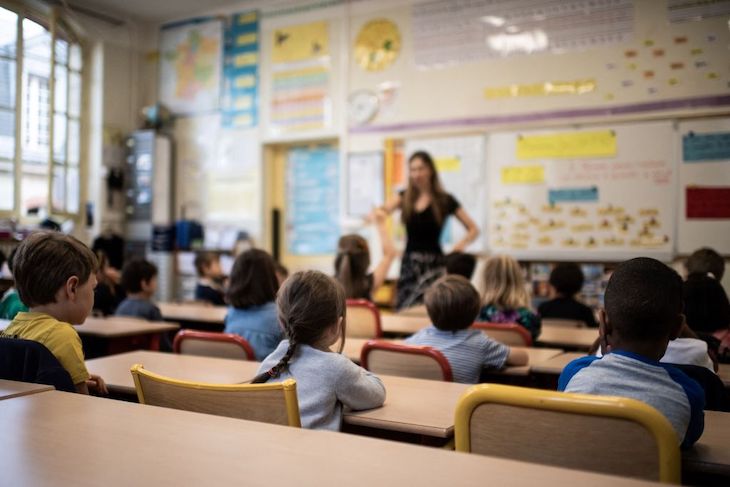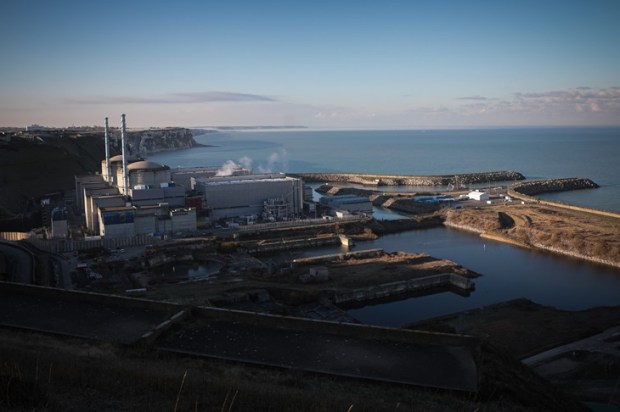Facts and information can be neutral, but teaching is never neutral. All schools are faith-based schools. Some are more intentional about their faith-teaching than others, but the faith of those who teach is passed on to students. This occurs because every person carries basic assumptions. These personal beliefs seep into how we live and, in this case, teach.
Already a subscriber? Log in
Subscribe for just $2 a week
Try a month of The Spectator Australia absolutely free and without commitment. Not only that but – if you choose to continue – you’ll pay just $2 a week for your first year.
- Unlimited access to spectator.com.au and app
- The weekly edition on the Spectator Australia app
- Spectator podcasts and newsletters
- Full access to spectator.co.uk
Or


























Comments
Don't miss out
Join the conversation with other Spectator Australia readers. Subscribe to leave a comment.
SUBSCRIBEAlready a subscriber? Log in